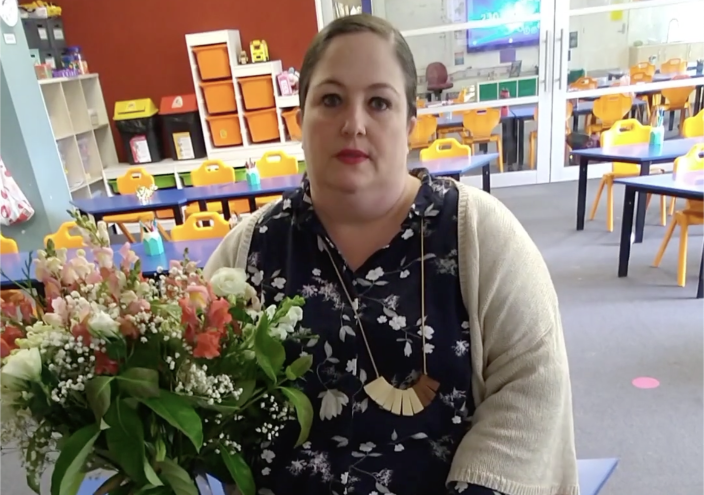The aim of the new laws is to get wages moving after a decade of stagnation.
Teachers and support staff in independent schools, along with teachers in the early childhood education sector, will benefit in particular.
“These meaningful reforms are a big step forward within a responsible, practical framework,” said IEUA NSW/ACT Branch Secretary Mark Northam.
“They update the rules for multi-employer bargaining and remove many of the complex legal restrictions holding back wages and conditions.
“The bargaining rights of teachers and support staff in independent schools who are covered by multi-employer agreements are greatly strengthened. There are positive mechanisms for bringing parties together to resolve differences and, as a last resort, independent school employees will have the democratic right to vote on legally protected industrial action.
“This incentivises employers to come to the table and negotiate fairly.
“New powers for the Fair Work Commission are another big improvement. Should bargaining become protracted or break down, the Commission will be able to determine matters on which the parties are unable to reach agreement.”
Under the previous laws, employees in independent schools could not get assistance from the Fair Work Commission and in no circumstances could they take protected industrial action.
Yet independent school employers could unite and bargain for these agreements – an obvious imbalance of power. The new laws grant teachers and support staff in independent schools the same rights as those in Catholic diocesan schools.
Teachers in the early childhood education and care sector stand to benefit as well.
“The IEU is optimistic about achieving better pay and conditions for degree-qualified early childhood teachers who were previously left out of the bargaining system,” Northam said.
“They will have greater access to enterprise agreements under the supported bargaining stream.”
Video goes viral
But it has taken some doing. IEU members turned up time and again to encourage Senator Pocock to pass the laws: at his town hall meeting on 16 November; outside his Canberra office on 23 November; and via a viral video posted to the IEU’s social media featuring IEUA NSW/ACT Branch Vice President (ACT) and primary school teacher Angela McDonald.
“You and I have a lot of things in common,” McDonald said in the video, addressing Senator Pocock while holding a bouquet of flowers.
“We both serve and support the community. I’m a teacher. We’re both activists. We both value and recognise the importance of integrity. We both recognise and value equality. I personally have been negatively impacted by the gender pay and superannuation gap. We both see the cost-of-living crisis every day, and we know the solution: real wage growth. Let’s get wages moving for all Australians.
“Ordinary Aussies have donated to buy these flowers for you. We need bread, but we need roses too. We need the basics and we deserve dignity, real wages and respect. Ultimately, we both want the same things. A better future for all Australians. The Secure Jobs, Better Pay Bill is crucial.”
The Senator found himself the recipient of yet more roses as union members from all sectors sought his vote on the industrial relations laws. Some set up a makeshift dining room outside his office, with pay rises on the menu.
On 27 November, after meetings with Workplace Relations Minister Tony Burke, Senator Pocock announced he would support the legislation.
How it works
Australian Council of Trade Unions (ACTU) Secretary Sally McManus explained the anticipated impact of the new laws and hosed down the fear campaign in an interview on ABC Radio on 1 December.
“One sure way to make sure you’re not part of multi-employer bargaining is to negotiate an enterprise agreement – then you’re excluded from it,” she said.
Employers and other commentators have also raised unfounded fears about widespread strike action.
“It’s highly unlikely we would take industrial action,” said teacher David Caton, who works in the ACT. “But we should have the right to do so in bargaining for a better deal. Employers can act collectively, we should have that right as well.”
McManus also eased fears of strike action, saying the new laws were much more about bargaining psychology.
“If you’re sitting down and bargaining with someone and the other side knows you’ve just got no options, well you tend to get offered a pretty bad deal,” she said. “But if they know that you do have options, you tend to get offered a better deal.”
Union values
“The IEU commends the sterling efforts of our members and the ACTU in leading a tireless and complex campaign,” Northam said. “The union movement’s role in securing these reforms demonstrates that union values of taking collective action to gain justice and fairness benefits all workers in Australia.”
Monica Crouch Journalist










































































































































